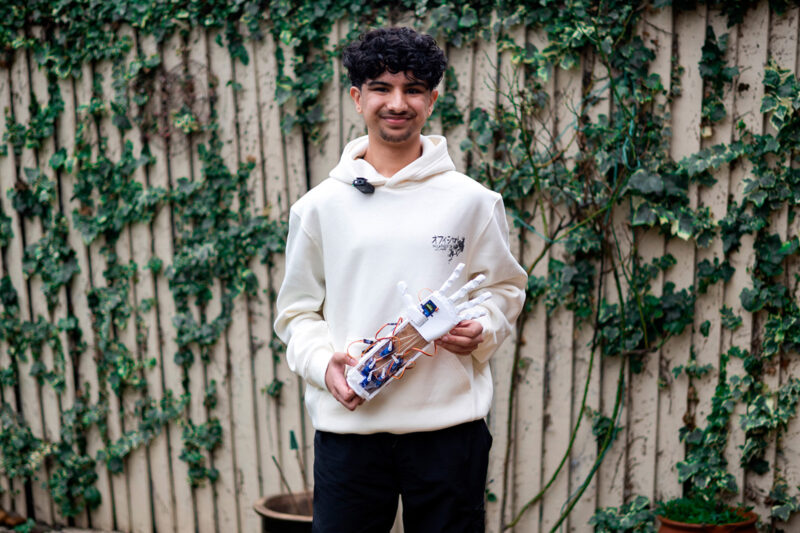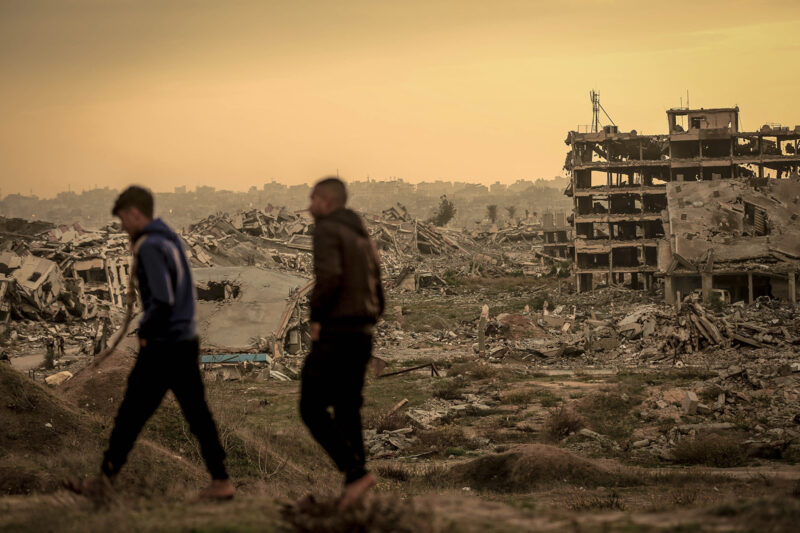West Midlands children more likely to die with asthma than anywhere else in England
Researchers at the University of Bristol found Black, Asian, mixed race and ethnic minority kids were more at risk — and pointed the finger at housing poverty

Children in the West Midlands, home to one of the UK’s largest Muslim communities, are more likely to die of asthma-related causes than anywhere else in England, according to a report by the National Child Mortality Database (NCMD) at the University of Bristol.
Researchers analysed data on asthma-related deaths among children in England between 2019 and 2023 and also found that people from Asian, Black, mixed and ethnic minority backgrounds accounted for more than a third of them, despite making up only 18.2% of England’s population. What’s more, children from the most deprived neighbourhoods in England are four times more likely to die because of asthma than those from the least deprived areas.
All of the 54 children who died of asthma during the four-year period had been exposed to air pollution above the levels recommended by the World Health Organization (WHO).
“We should be ashamed that children in the UK are dying from asthma. These are preventable deaths,” said Ian Sinha, consultant respiratory paediatrician at Alder Hey children’s hospital in Liverpool. “The systemic complacency around respiratory health in the UK has cost children their lives, and will continue to do so if we ignore the glaring gaps in care and services.”
Asthma is strongly affected by environmental factors, said Sylvia Stoianova, deputy programme director of the NCMD and a co-author of the report. The disease is exacerbated by poor housing, poverty, and air pollution. The report found that, in 13% of cases, poor living conditions — including excessive mould and dirt, as well as overcrowded and smoke-filled accommodation — were a contributing factor to the deaths.
“Poverty and deprivation, including homelessness, cold houses and property disrepair, were also a common contributing factor,” she added. “Damp and mould were recorded as contributory factors to the ill health, vulnerability or death of two of the three children who were council house residents. That is very significant.”
The report makes a number of recommendations to the government, including the prioritisation of asthmatic children for social housing repairs.
“We have known for a long time that poor housing quality is strongly associated with asthma. Now we have national data for England that fully supports this and really calls for action,” Stoianova said. “Every asthma death in children should be viewed as something that should never happen. What is lacking at the moment is a nationwide government strategy to reduce preventable asthma deaths to zero.”
The report mirrors broader findings of the NCMD, Stoianova said, including its annual report released last month, which showed that the child mortality rate was significantly higher in the West Midlands (40 per 100,000) than other English regions (29.8 per 100,000), and that children from ethnic minority backgrounds were more likely to die than white British children.
Research published in May found that reducing air pollution in line with WHO recommendations could prevent up to 2,000 deaths in the West Midlands. Of the 10 Birmingham wards identified by the University of Birmingham as having the highest rate of air pollution-related deaths, eight were more than 40% Muslim, and three were Muslim-majority areas.
But while it is well established that minority populations in the UK are more likely to live in the most deprived areas, deprivation and poverty alone are not enough to account for the higher asthma mortality rate among ethnic minorities, Stoianova said.
“One of the common themes that we see across all the analysis we have done is language barriers,” she added. “This should be looked at further — for instance, to understand if families may be feeling that, if they don’t speak English, they may not be understood when they call emergency services.”
Andy Whittamore, clinical lead at Asthma + Lung UK, a respiratory health charity, added: “Every week I speak to families who are powerless to change the things making their child’s asthma worse, such as living in damp, mouldy housing, or near busy, polluted roads. For children from the poorest communities, their chance of good health is determined almost before they’re born. That has to change.”
 Newsletter
Newsletter













